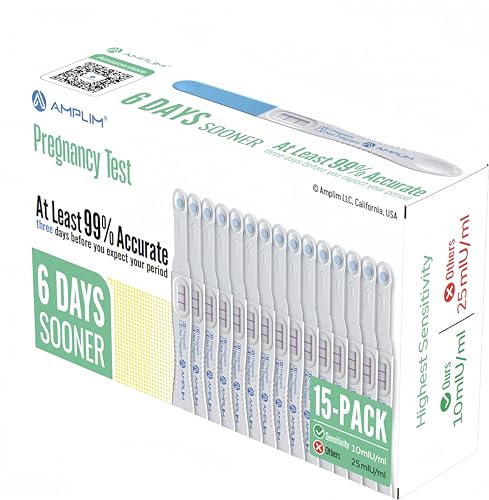Hailey Okula, who was a nursing influencer known as “Nurse Hailey” on social media, tragically passed away on March 29, 2025, due to issues from childbirth after giving birth to her first child, a son named Crew.
Her husband, Matthew Okula, revealed that the cause of her death was an amniotic fluid embolism (AFE), which is a very rare and life-threatening issue that led to cardiac arrest.
Hailey had openly shared her journey with infertility and her pregnancy with her large online following.
She and her husband underwent a long and challenging IVF process to conceive their son. According to her husband, Hailey was able to see her baby for a split second before she went into cardiac arrest.
Matthew Okula shared the sad news of her passing on her Instagram account on April 1, 2025, saying that
“It is with the heaviest of hearts that I share the devastating news of the unexpected passing of my beautiful wife, Hailey Marie Okula, due to complications from childbirth.”
Also, there are several people who have shared kind messages to honor her, including her fans, nurses, and Boise State University, where she used to be a gymnast. A GoFundMe page has been set up to help her husband and baby son.
Understanding the rare and serious condition:
The entire journey of pregnancy plus childbirth is full of joy and anticipation. However, things can take a turn at the very last moment for some people.
For instance, unexpected and serious complications can happen; amniotic fluid embolism (AFE) is one such rare condition.
The sad news of a young girl like Hailey Okula losing her life to AFE reminds us how sudden and dangerous this condition can be. It also shows why we need more awareness and research to understand and prevent it.
What is Amniotic Fluid Embolism?
Amniotic Fluid Embolism (AFE) is a rare but very serious problem that can happen during labor, childbirth, or shortly after delivery.
It occurs when amniotic fluid or small elements from the baby (like cells or hair) accidentally enter the mother’s bloodstream [ref].
This causes a strong and sudden reaction in the mother’s body, which can lead to a series of events discussed below.
AFE is a medical emergency and can be deadly. It happens very quickly and often causes the mother’s heart and lungs to stop working properly.
It can also cause heavy bleeding because of a condition called DIC (a problem with blood clotting), which makes it very hard to treat.
Why Does AFE Happen?
Doctors are not exactly sure why, but when amniotic fluid and parts of the baby’s tissues enter the mother’s blood, it causes a sudden and serious reaction.
It is not just a simple blockage in the blood vessels (even though the name suggests that). Instead, it is more like the mother’s body has a strong allergic or immune reaction to the baby’s cells.
This reaction typically leads to a rapid sequence of critical events:
- Sudden Respiratory Distress: The patient will face sudden and extreme difficulty breathing and and may develop cyanosis (bluish discoloration of the skin due to lack of oxygen).
- Cardiovascular Collapse: A quick and extreme drop in blood pressure will happen, often leading to shock and cardiac arrest (the heart stops beating).
- Disseminated Intravascular Coagulation (DIC): This is a serious problem where the body’s blood clotting system does not work properly. It can lead to too many blood clots forming in the body, but at the same time, it can also cause heavy and hard-to-stop bleeding from places like the uterus, C-section cut, or IV needle sites, because the body runs out of the factors needed to make clots.
The Rarity and Severity of AFE
AFE is a very rare complication; it happens in 2 to 8 out of every 100,000 childbirths, and the chance of dying from it is between 11% and 44%.
However, when it does occur, it is a medical emergency with a high mortality rate. Even with rapid and aggressive medical intervention, the outcome can be devastating. [ref]
AFE is rare and happens suddenly, which makes it hard to study. But learning more about it is very important.
Doctors and nurses need to know about it so they can act quickly when it happens. Researchers are still trying to understand what causes it, what increases the risk, and how to treat it better.
In memory and support
The loss of Hailey Okula highlights the profound impact this rare condition can have on families. While we may not have all the answers surrounding AFE, it is important to acknowledge the tragedy and support efforts to learn more about it.
By raising awareness and supporting research, we can hope for a future where this devastating complication is better understood and managed, potentially saving lives.
Note: If you or someone you know has experienced a pregnancy complication, please reach out to healthcare professionals and support organizations for guidance and support.
This blog post aims to provide general information about an Amniotic Fluid Embolism and should not be considered medical advice.
If you have any concerns about your health during pregnancy or postpartum, please consult with your doctor or other qualified healthcare provider.






